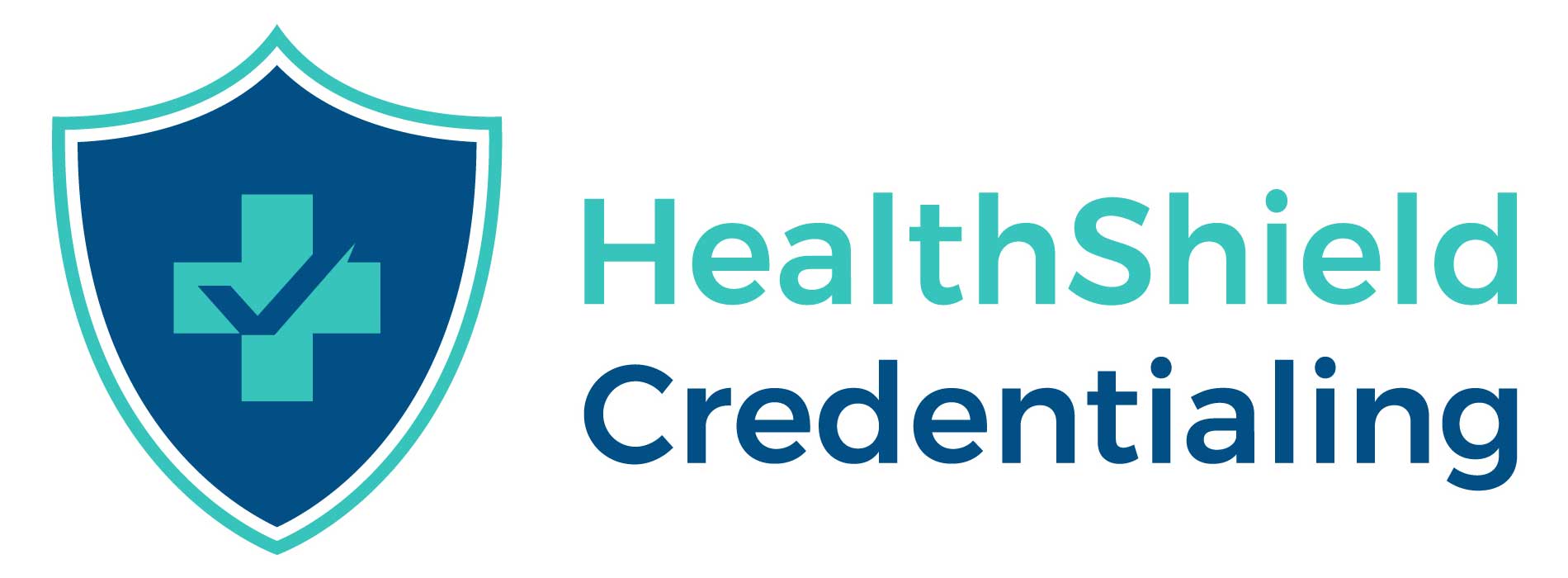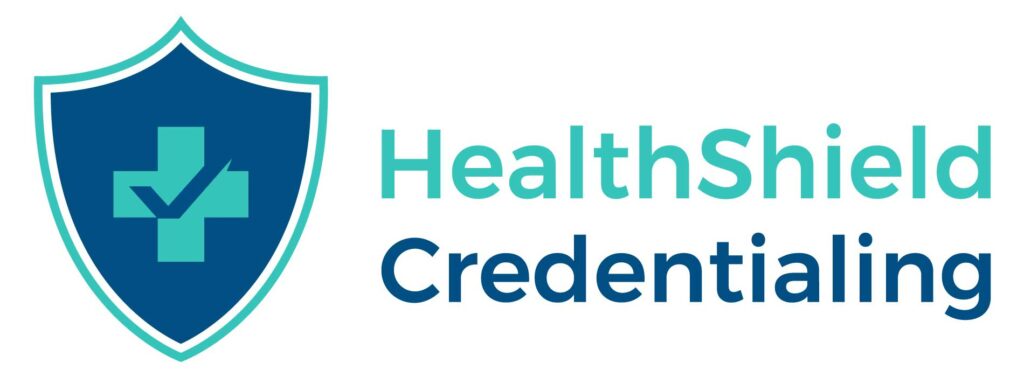About the Author: Anthony “Tony” Habashi, The Man with the Healthcare Plan, has over 15 years of experience helping medical professionals, nearly 5 years of them in the health insurance space and is licensed in 40+ states. Tony has seen insurance and understands the trends in most if not all areas of health insurance. He and his wife, a nurse, started a health insurance agency when seeing the gap left while going 1099. In his free time, Tony works with his wife and three sons on their homestead.
Options and Considerations for the Self-Employed
The world of healthcare is changing. More professionals in the industry are choosing to work under the 1099 tax structure, freeing themselves from the constraints of the business of healthcare and returning to the passion of healthcare. This move to self-employment often feels risky to those who have been working in W-2 positions, where they are accustomed to certain benefits, including health insurance. The myth that health insurance is unaffordable has kept many providers from making the jump to 1099 work.
Finding the right plan for a newly self-employed healthcare provider does require some research. The best policy is one that achieves a balance among premiums, deductibles and coverage that makes sense for the individual. When searching for such a plan, self-employed people should:
- Look for an insurer with a large provider network and a customer-friendly claims process.
- Research Marketplace options (both Federal and State Marketplaces).
- Consider joining an organization that offers group plans.
- Talk to an agent or a broker who specializes in health insurance
- Explore Consolidated Omnibus Budget Reconciliation Act (COBRA) coverage. It may be expensive but can help in certain situations.
Three ways to start off on the right path:
- Make sure to reach out to an agent that can help. Ask questions. Find an expert on health insurance and find out what the best options for you and your family might be.
- Understand your options. Let the agent help you understand why one plan might have more advantages than another.
- Understand the limits. A plan’s main costs include its premium (the monthly charge for coverage) and its deductible (how much a patient covers before insurance kicks in). When one is high, the other tends to be low.
Traps to Avoid
- Don’t put your information online to get a quote. There are a lot of lead generation companies out there that promise a quote once you enter your information on their website. Your information can then be sold to hundreds of agents. The lead generation sites can make a tremendous amount of money from selling this information. You are more likely to receive unwanted calls from agents at all times of the day instead of connecting with agents on your schedule.
- Don’t make your decision based on someone else’s experience. This is probably one of the biggest mistakes that can be made. There is no perfect insurance company out there, nor is there a perfect plan. Everyone is different and so each plan should be different to address the needs of the many and the few.
- Let your medical needs dictate your price not a POSSIBLE deductible. While we want to get the most out of your plan, you also do not want to make your plan so perfect that you pay a huge amount for it. Making sure it is not too little, but not too much is something an agent can help with.
Keep in mind:
- There is no perfect plan, whether you’re traveling or staying in one area, if you hardly use health insurance or use it frequently.
- Everyone is different, and no one company is better than another. Insurance is basically math put into a policy; the more you financially expose the insurance company, the more they charge.
- Self-employed workers can treat health insurance as a business expense and deduct premiums from adjusted gross income, reducing tax bills or increasing their refund.
Not paying for insurance can be less expensive in the short term, but uninsured people are just an illness or injury away from catastrophic financial consequences.
If you would like to schedule a free consultation with Tony, please click on the link:
https://calendly.com/themanwiththehealthcareplan/60-minute-probably-less-first-time-consultation






